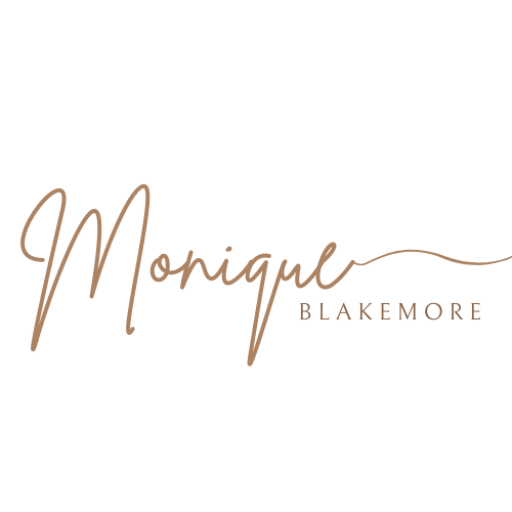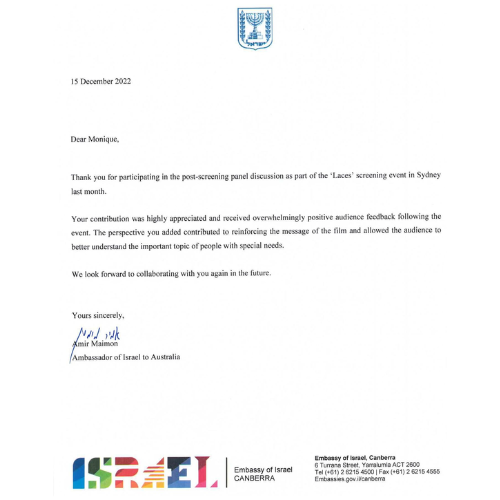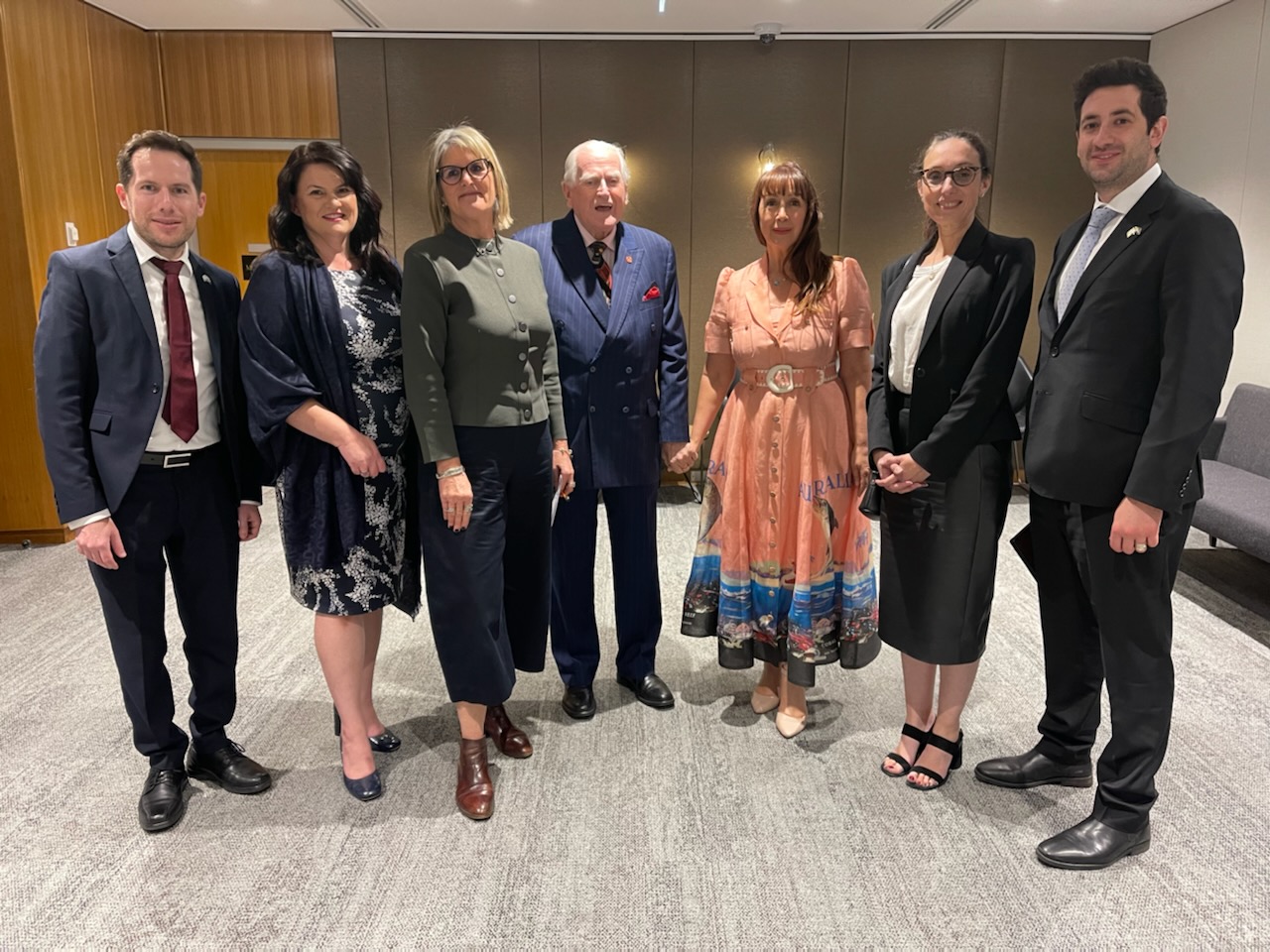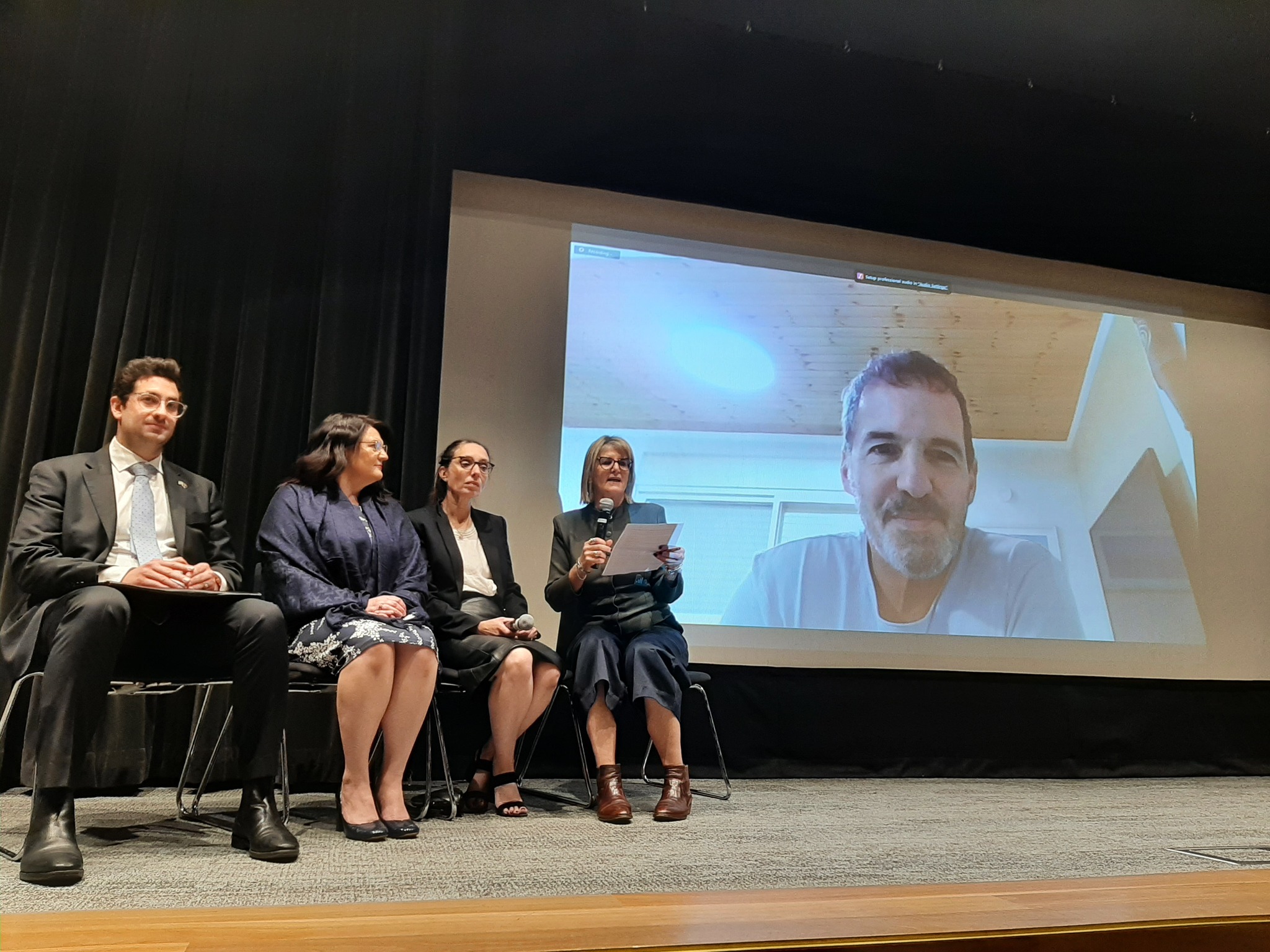I wanted to share a memory with you today from the day I stood inside NSW Parliament House, speaking as a guest of the Israel Embassy and Fred Nile MP. Sometimes life takes you into rooms you never imagined, and you just stand there thinking, “Wow… me, here?”
But I want to be honest with you.
Agreeing to speak wasn’t a simple yes.
I sat with it for a long time.
A few years before this event, I had been in Casablanca, Morocco, at the International Book Fair, a huge gathering of more than 25,000 people. I spoke about Autistic women and girls and met advocates and families from places I hadn’t reached before.
One conversation, held in the ‘green room’ (where speakers gathered) has stayed with me: my discussion with Mustafa Barghouti, the General Secretary of the Palestinian National Initiative and head of the Palestinian Medical Relief Society. He spoke about the barriers Palestinian families face when trying to access autism support — barriers shaped by borders, systems, conflict, and limits most people in the autism community never even imagine.
So when the invitation came to speak at the screening of “Laces,” I didn’t jump to say yes.
I paused.
I listened to myself.
I needed to make sure it was the right space for my voice.
Because something heavy was sitting within me.
There were conversations happening about creating segregated kibbutzim for people with disabilities. Places for disabled people to live away from the broader community.
And while I understand the comfort of being among “our own,” I also know the danger of being placed out of sight.
Yes, community matters.
Yes, belonging matters.
Yes, safety matters.
But there is another kind of safety, a deeper one, that comes from being in the world, not hidden from it.
When we live only around staff who are paid to be there the safety net becomes thin. Paid relationships are not the same as community. And when harm happens, and it can, there are fewer eyes to see it, fewer voices to speak up.
My family have lived through systems that promised support but delivered harm. So I feel this deeply:
Segregation is not protection.
Inclusion is.
And this is why Laces mattered to me.
It wasn’t a political moment.
It was an advocacy moment.
The film showed Autistic people as whole and complex and not problems to fix or tragedies to pity. It showed our desire to be included, to stand beside others without masks or fear. It also showed the barriers we face, especially from people who won’t meet us halfway… or a quarter of the way… or sometimes any of the way at all.
The event itself only came together because so many people worked behind the scenes: Ambassador Amir Maimon, Deputy Ambassador Chris Cantor, cultural attaché Noam Inbar, the incredibly dedicated Kaliopi Diamantis, and Transfax Film Productions and Israel’s Division of Cultural Diplomacy that granted screening rights. .
And then there was the panel.
Dr Yona Gilead led us through questions about rights, dignity, and inclusion. There was Nevo Kimchi, the star of the film, disability advocate Dr Charlene Zulman, and Jeremy Unger from the Israeli Trade and Economic Commission — and I was there representing Autism Aspergers Advocacy Australia.
When it was my turn to talk, I didn’t dress it up. I spoke as an Autistic woman, a mother, and someone who knows why inclusion matters not just in theory, but in survival.
That night reminded me why I keep going, why I use my voice even when the work is heavy or complex. Because our stories about dignity, autonomy, safety, and real inclusion belong everywhere.



